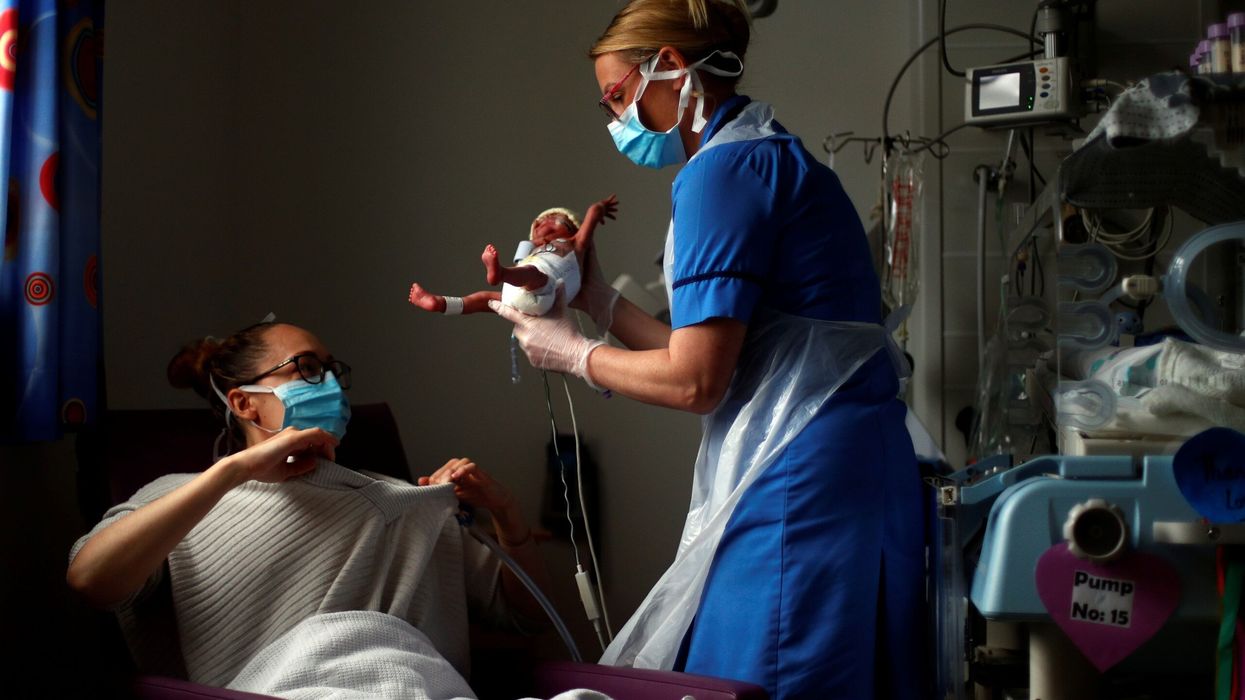An alarming increase in premature births was attributed to Covid-19, but researchers, analysing birth records in California, US, have found that vaccines played a crucial role in restoring the premature birth rate to pre-pandemic levels.
Maternal Covid-19 infection increased the probability of preterm delivery, which is birth occurring before 37 weeks of gestation, by 1.2 percentage points, from 7.1 to 8.3 per cent, the researchers said.
"To move the needle on preterm birth that much is akin to a disastrous environmental exposure, like weeks of breathing intense wildfire smoke," said researcher Jenna Nobles, a University of Wisconsin-Madison sociology professor.
As the virus spread from July to November of 2020, the likelihood that a mother with Covid-19 would give birth more than three weeks before the due date was 5.4 percentage points higher than anticipated - 12.3 per cent instead of 6.9 per cent, the research team from Stanford University and the University of Wisconsin-Madison found.
However, the researchers found from about 40 million birth records that the excess risk of preterm birth fell slightly in early 2021 before dropping steeply in 2022, at which point maternal Covid-19 infection in pregnancy caused no excess risk of preterm birth for infants.
Vaccines contributed to that decrease, an effect that jumps out when the birth records are divided up geographically, the researchers said in their study published in the journal Proceedings of the National Academy of Sciences.
"In ZIP codes with the highest vaccination rates, the excess risk of preterm birth declines much faster.
"By summer 2021, having Covid-19 in pregnancy had no effect on preterm birth risk in these communities. It takes almost a year longer for that to happen in the ZIP codes with the lowest vaccine uptake," said Nobles.
The researchers said that the finding highlighted the protectiveness of Covid vaccines.
By increasing immunity faster, early vaccination uptake likely prevented thousands of preterm births in the US, said Nobles.
The researchers said that the positive effects of vaccination in preventing premature births could help allay some of the most prominent concerns voiced as Covid-19 vaccines became available to pregnant patients.
"We already know there is very little evidence of adverse effects of vaccination on foetal development.
"The results here are compelling evidence that what will actually harm the foetus is not getting vaccinated. That's a message practitioners can share with concerned patients," said Nobles.
(PTI)




